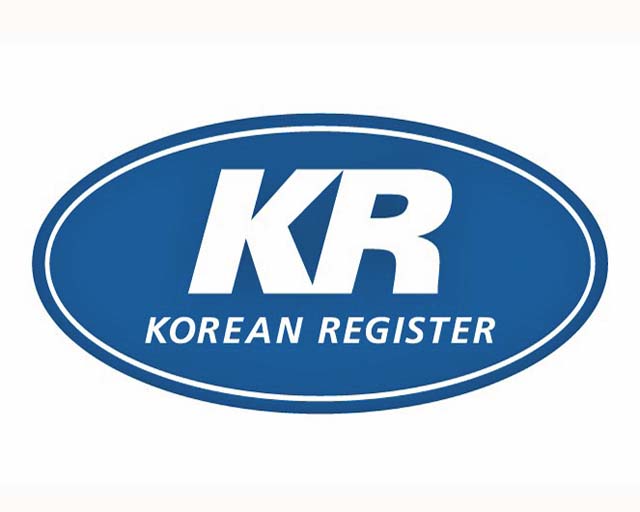The Korean Register (KR) has developed new ‘Guidance for Underwater Radiated Noise’ which it says will help protect marine ecosystems by reducing noise from ships.
As ships’ size and speed increases to handle high volumes of seaborne trade so underwater radiated noise is becoming a more serious issue, causing increasing disruption to the marine ecosystem. The IMO MEPC is discussing measures to mitigate this growing challenge. As a result, new regulations are expected soon, which will determine sensitive areas to noise, where ships calling in that area will be required to meet appropriate standards for underwater radiated noise.
The maritime industry is focused on developing core technologies to address the issue as environmental regulations are tightened, as part of the overall paradigm shift to more eco-friendly ships. In support of this industry move, KR has developed a class notation for underwater radiated noise and Guidance which is based on ISO 17208 (International standard of quantities and procedures for description and measurement of underwater sound from ships). The Guidance covers the noise standard for two operating conditions: normal operation (transit) and quiet operation (quiet).
The class notation is given in the form of ‘URN-T(20)’, which indicates that when a ship operates at a speed equivalent to 20 knots in still water, it meets the transit criteria for underwater radiated noise. URN is an abbreviation for underwater radiated noise.
A KR official said: “Several countries and ports have already introduced regulations relating to underwater radiated noise, and some ports, such as the Port of Vancouver, are offering discounts on port user fees for vessels that meet the standards. If our customers’ vessels have obtained KR’s class notation for underwater radiated noise, they will also be able to benefit from these advantages while reducing their impact on the maritime environment.”
KR has further plans in development to actively support its customers’ compliance with regulations on underwater radiated noise, including technical services which will enable customers to implement low-noise ship technology.



